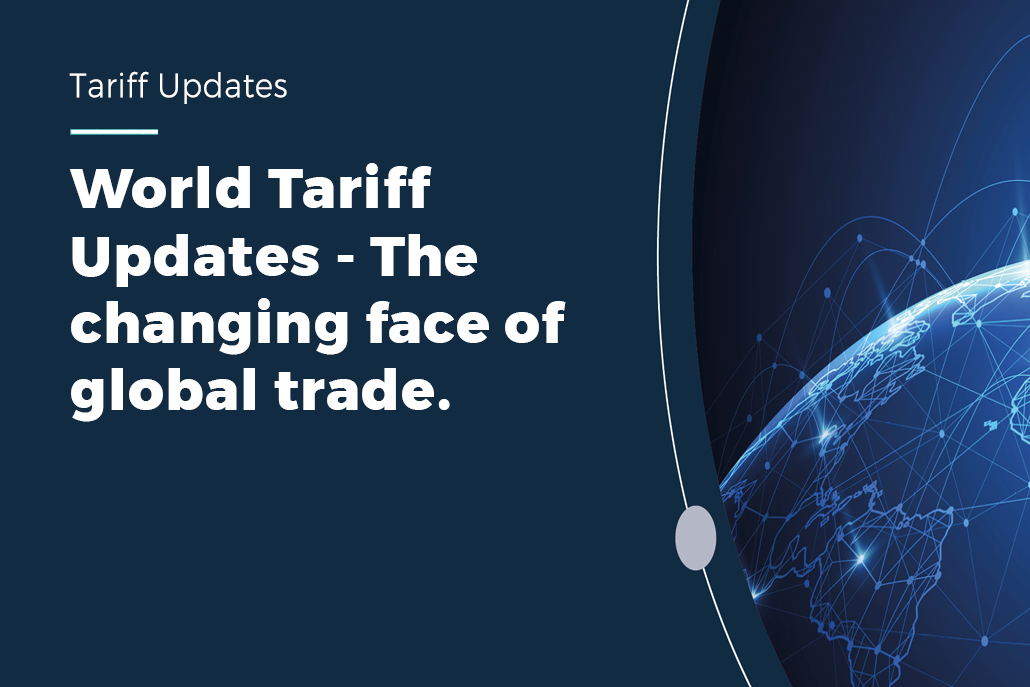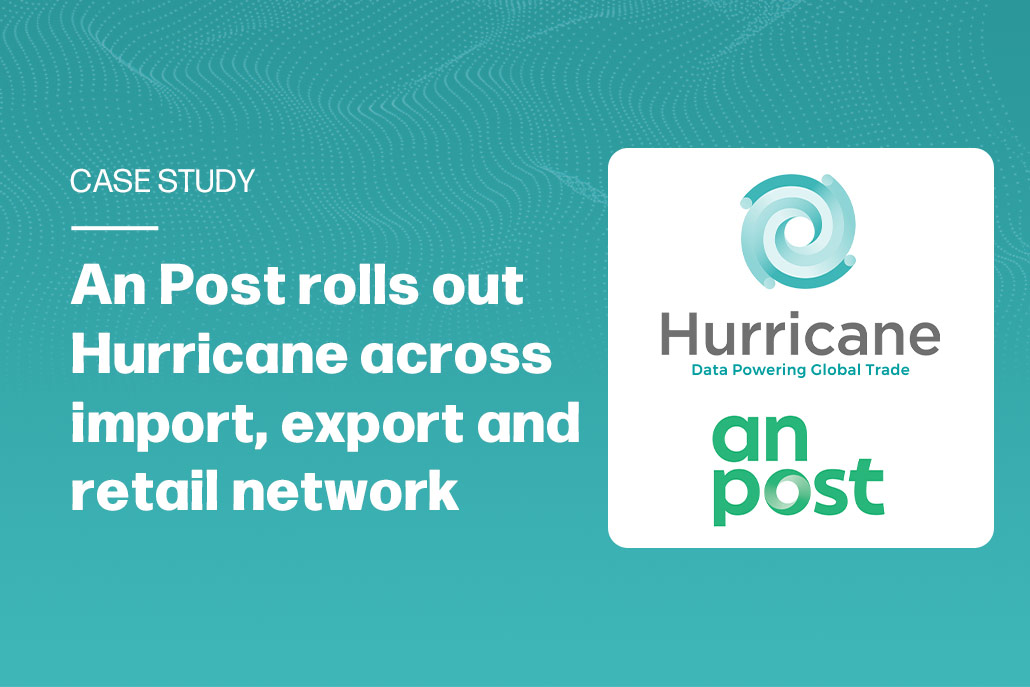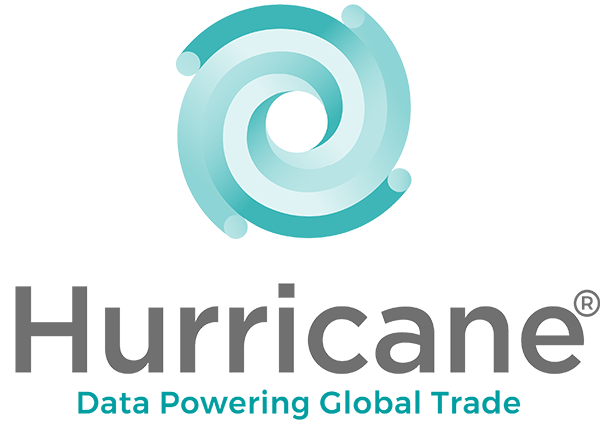Next month’s World Mail & Express (WMX) EMEA conference in Dubai could not be coming at a better or more interesting moment in the evolution of the region’s fast-growing eCommerce market.
The size of the Middle East and North Africa (MENA) ecommerce market is predicted to almost double in size this year from around $27billion in 2018 to $49billion.
Between them, the United Arab Emirates, Saudi Arabia and Egypt are responsible for about 80% of the MENA market, while the UAE and Saudi have captured in excess of 70% of the market in the Gulf Cooperation Council (GCC) region.
When senior leaders from the parcel and postal industry come together on May 10-12 at WMX, they will do so against the backdrop of some major recent developments in the MENA eCommerce and logistics sector.
Leading the way
Among recent highlights have been the high-profile moves by two of the region’s leading postal operators, namely Emirates Post and Saudi Post, to reposition themselves as key partners for any business thinking about doing eCommerce into or out of the GCC region.
Towards the end of 2021, Emirates Post made three major announcements, all of which helped to consolidate the organisation’s transformation into a global eCommerce champion.
During the 2021 Seamless Middle East event, held at the Dubai World Trade Centre, the post unveiled five new services aimed at enhancing the user experience for eCommerce customers.
The company’s new services enhance customer experience, improve efficiency, offer more flexible pick-up and drop-off options, and faster delivery services.
Among the new additions are new service points and parcel lockers, giving consumers more flexible channels regarding last mile delivery options.
Around the same time, Emirates Post and Emirates SkyCargo, the freight division of Emirates airline, signed a Memorandum of Understanding (MoU) at the Dubai Airshow.
Under the terms of the MoU, the two entities are working together to develop an eCommerce end-to-end global logistics platform, with a key focus on serving markets in MENA.
It is the first partnership between an airline cargo carrier and a national postal operator combining the global network and capacity strengths of Emirates SkyCargo with the last mile delivery expertise and partnerships of the Emirates Post business.
Of particular importance is Dubai as a global hub for logistics and the opportunities available to eCommerce businesses to set up operations in the city.
Nearly two thirds of the total global population can be reached within an eight-hour flight from Dubai making it a highly attractive proposition for eCommerce players wanting to deliver goods to customers within the shortest possible timeframe.
Game changing partnership
The third significant announcement made by Emirates Post in November last year concerned its investment in AI-driven, real-time data solutions to ensure the seamless movement of cross-border goods.
The partnership with Hurricane Commerce forms a key plank of the post’s broader commitment to a programme of digital transformation.
Emirates Post is using Hurricane’s two solutions – Zephyr and Aura.
Zephyr is a bulk clearance data enhancement tool that ensures that all inbound and outbound parcels have the requisite shipment data including product descriptions, HS6 codes and import/export codes.
Hurricane’s Aura solution covers the three critical cross-border areas of duty and tax calculation, prohibited and restricted goods screening and denied parties screening, the latter two services being of critical importance given various geo-political tensions around the globe.
Having complete and accurate data sets on parcels and packets has become mandatory following a year or so of largescale regulatory changes.
They have included Brexit, the abolition of the EU’s VAT exemption on low-value goods, the introduction of the Import One-Stop Shop (IOSS) and the US STOP Act.
Further change came at the beginning of 2022 with the implementation of Harmonised System 2022 (HS2022), the first substantive update of HS codes in five years.
What do the experts say?
Peter Somers, CEO of Emirates Post, said: “Cross-border e-commerce is growing exponentially and the opportunities for Emirates Post are significant.
“However, the regulations impacting the way cross-border e-commerce happens have also changed beyond all recognition.
“One of the biggest challenges we face is the need for complete and accurate data sets, and the partnership with Hurricane Commerce is already making a huge difference. By ensuring the data sets are complete, we keep our customers’ shipments moving seamlessly.”
David Spottiswood, a Co-Founder of Hurricane Commerce, said: “Emirates Post is a highly progressive postal operator which has rightly recognised the vast potential in cross-border eCommerce.
“Its geography, allied to its ambition and investment in digital transformation, gives it the platform to become the go-to delivery partner.”
The partnership between Emirates Post and Hurricane Commerce will be further highlighted at WMX EMEA, organised by Triangle Management Services, where the postal operator is Host Partner and Hurricane is Premium Sponsor.
Another post targeting growth in global eCommerce is Saudi Post – or Saudi Post & Logistics as it rebranded itself last year.
Speaking at a virtual ceremony, the president of Saudi Post Anef Bin Ahmad Abanomi said the new identity was in line with Vision 2030 and a major business transformation programme.
Mr Abanomi said: “We have been working on an ambitious plan to build a system of multiple networks, establish a unified national address system and provide a package of individually tailored postal services based on those logistics.
“We aim to achieve significant leaps in our operations and provide innovative services that keep pace with the government’s approach to transforming the Kingdom into a global logistical platform.”
He went on: “Our strategy is to capture the growing eCommerce market and transform from where we are as a very traditional postal authority to become a national champion as well as a regional player.”
“The market overall has been changing dramatically during the past few years. Mail volume has been falling while eCommerce and parcels delivery is rising exponentially. Financial services are also on the rise. There is also a growing demand for specialised logistics services, and all this is going on against a background of the disruptions caused by technology.”
Another hugely exciting development in the Middle East, and the UAE, is EZDubai.
The 9,902,700 square-feet purpose-built eCommerce hub is designed to attract the world’s leading online companies.
EZDubai, which was launched in January 2019 by His Highness Sheikh Mohammed bin Rashid Al Maktoum, Vice-President and Prime Minister of the UAE and Ruler of Dubai, aims to promote the UAE’s position as a hub for global eCommerce.
Speaking recently to mark the announcement of further expansion of EZDubai, Mohsen Ahmad, CEO of the logistics district at Dubai South, said:
“We are delighted with the growth of EZDubai over the past two years since its inception.
“Due to increased demand, we are continuously developing additional facilities to ensure that our discerning partners receive the best services.
“At Dubai South, we understand that structural change in the service economy is an inevitable affiliation of economic growth; therefore, we presented a distinctive business model that paves the way for our valued clientele to benefit from economies of scale within EZDubai to ensure the lowest possible cost for every successfully fulfilled order.”
The MENA eCommerce market is at an exciting juncture, and, for the right companies, the opportunities are considerable given the significant investment going into the sector and the market growth potential – compared to many other parts of the world, the eCommerce penetration rates as a percentage of total retail sales are still low, averaging around 3% across all GCC countries.
As delegates at WMX EMEA will be discussing, the key to success will involve harnessing many different elements, headed by the need to identify the right partners, having a laser-like focus on customer experience, and integrating the best cross-border technologies.
For more information about WMX EMEA, visit https://www.wmxemea.com/














